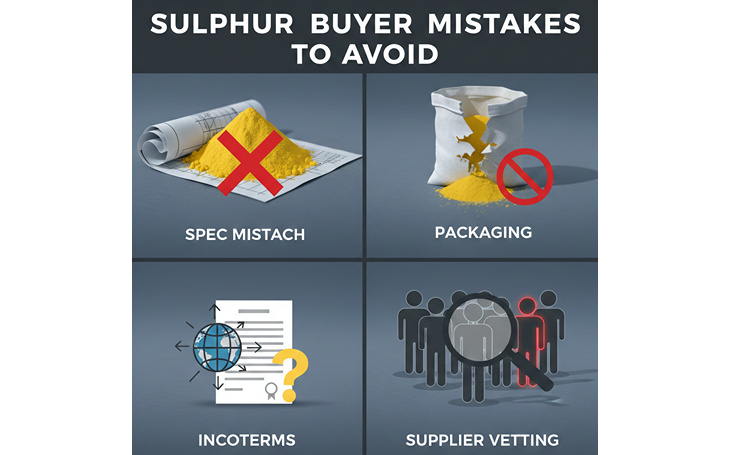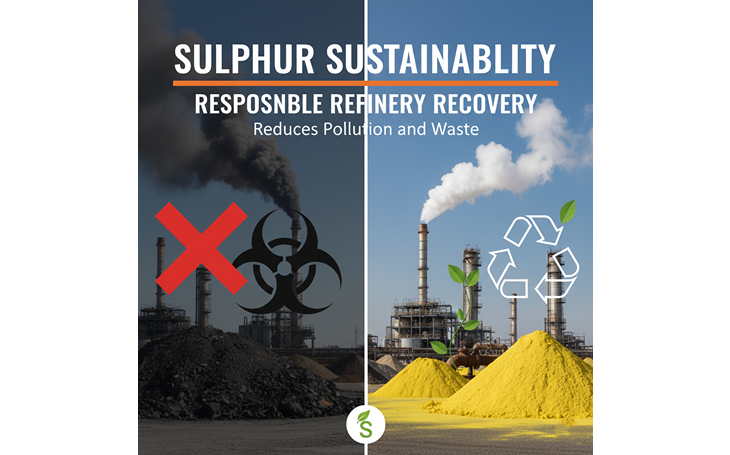Ethical Branding Strategies by Gsinfotechvis
In today's interconnected world, consumers are not only
looking for quality products and services but also for brands that align with
their values and principles. Ethical branding has become a fundamental aspect
of successful digital marketing strategies, enabling businesses to establish
meaningful connections with their audience while driving positive social and
environmental change. At Gsinfotechvis, we understand the transformative impact
of ethical branding and are committed to helping businesses navigate this
evolving landscape. In this blog, we'll explore the importance of ethical branding
in digital marketing and share actionable strategies for nurturing
sustainability and social responsibility.
Understanding
Ethical Branding:
Ethical branding encompasses the integration of sustainability and social responsibility into a brand's identity, messaging, and practices. In essence, it's about doing business in a way that respects people, the planet, and profit. In today's digital era, ethical branding is more important than ever, as consumers are increasingly conscious of the ethical, social, and environmental implications of their purchasing decisions.
One of the core components of ethical branding is
sustainability. This involves adopting eco-friendly practices, reducing carbon
footprint, and supporting initiatives that promote environmental stewardship.
Social responsibility, on the other hand, focuses on addressing societal issues
such as diversity, inclusion, human rights, and community development. By By embracing sustainability and social responsibility, businesses can not only
differentiate themselves in the market but also build trust, loyalty, and long-term
relationships with consumers.
Strategies
for Ethical Branding in Digital Marketing:

Authentic
Storytelling:
Authentic storytelling is a powerful way to connect with
consumers on a deeper level and communicate the brand's values and mission.
Businesses should strive to share genuine stories that highlight their
commitment to sustainability and social responsibility. Whether it's showcasing
the journey of sustainable product development or the impact of community
engagement initiatives, authentic storytelling humanizes the brand and fosters
emotional connections with the audience.
Transparency
and Accountability:
Transparency is essential for building trust and credibility
in ethical branding efforts. Businesses should be transparent about their
practices, policies, and supply chain, providing consumers with visibility into
how their products are made and the impact they have on people and the planet.
Additionally, businesses should hold themselves accountable for their actions
and commitments, regularly reporting on progress toward sustainability and
social responsibility goals.
Engaging
Content and Campaigns:
Engaging content and campaigns provide opportunities for
businesses to educate, inspire, and mobilize consumers around sustainability
and social responsibility issues. Whether it's hosting virtual events,
launching cause-related marketing campaigns, or sharing educational resources,
businesses can use their digital platforms to raise awareness, drive action,
and foster meaningful dialogue with their audience.
Collaboration
and Partnerships:
Collaboration and partnerships with like-minded
organizations and influencers can amplify the impact of ethical branding
efforts. By joining forces with NGOs, advocacy groups, or industry partners,
businesses can leverage their collective resources, expertise, and networks to
address pressing social and environmental challenges. Additionally, partnering
Influencers who share similar values can help amplify brand messages and
reach new audiences.
Continuous
Improvement and Innovation:
Ethical branding is an ongoing journey that requires
continuous improvement and innovation. Businesses should regularly evaluate
their practices, processes, and performance metrics to identify areas for
improvement and innovation. Whether it's implementing new sustainability
initiatives, enhancing diversity and inclusion efforts, or adopting emerging
technologies for social impact, businesses should remain agile and adaptive in
their approach to ethical branding.
Conclusion:
In conclusion, ethical branding is a powerful tool for
businesses looking to build trust, loyalty, and engagement in the digital age.
By integrating sustainability and social responsibility into their digital With marketing strategies, businesses can differentiate themselves in the market,
inspire positive change, and connect with consumers on a deeper level. At At Gsinfotechvis, we are committed to helping businesses navigate the complexities
of ethical branding and harness its potential for driving meaningful impact. By
nurturing sustainability and social responsibility in their branding efforts,
businesses can create a brighter future for all.





